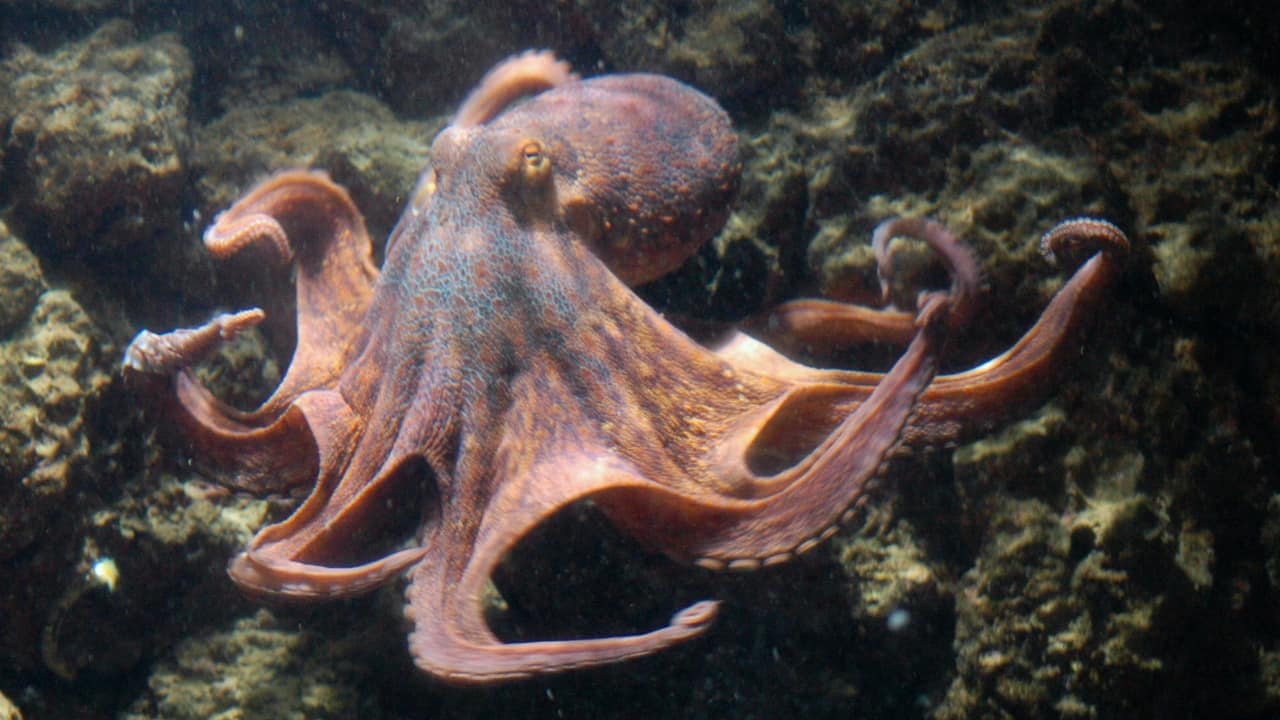



As humans reshape the planet, the idea of life continuing without us is both fascinating and unsettling. How would Earth cope in our absence? For Professor Tim Coulson of Oxford University, this question is central to his research. His thoughts offer a glimpse into a future where nature adapts and new life forms rise to power.
Evolution and the Future of Life on EarthEvolution has shaped all life on Earth, including humans. As Professor Coulson explains, it’s a process of gradual change. “Most mutations are harmful, but a few offer an advantage,” he says. These beneficial mutations allow life to adapt and evolve. But he warns that no species is permanent.
“Extinction is the fate of all species,” Coulson states. “Let’s hope ours is far off.” This reminder of nature’s cycle encourages reflection on humanity's place in Earth's story. But it also sparks curiosity about what could emerge in our absence.
Could Octopuses Rule the Earth?After humans, Coulson suggests that Earth might see new forms of intelligence. He raises the possibility of octopuses taking on a more dominant role. Their intelligence, adaptability, and problem-solving skills make them an intriguing candidate.
Octopuses have already shown remarkable abilities, such as using tools and escaping tanks. “They could evolve into a civilisation-building species,” Coulson says. Their advanced neural structure and decentralized nervous system might support this idea.
 (Image: Canva)
(Image: Canva)However, octopuses face a challenge: they can’t live on land. “With evolutionary advances, they might develop ways to breathe outside water,” Coulson adds. Such changes could lead to octopuses hunting terrestrial animals like deer.
Though this might seem far-fetched, Coulson emphasizes that evolution often leads to surprising outcomes. “The future of life on Earth is shaped by countless variables,” he explains. These unexpected turns make predicting the future of life nearly impossible.
Life After Humanity: A Constant in Earth’s EvolutionCoulson’s ideas aren’t meant to be predictions. Instead, they highlight how nature could reorganise without us. History is filled with examples of life thriving after catastrophic events. Even without humans, Earth would continue evolving.
“We don’t know what will happen,” Coulson admits. But it’s clear that life will go on, one step at a time. And who knows? Perhaps the seas, once dominated by us, will belong to octopuses one day.
The full interview was published in The European.
Discover the latest Business News, Sensex, and Nifty updates. Obtain Personal Finance insights, tax queries, and expert opinions on Moneycontrol or download the Moneycontrol App to stay updated!
Find the best of Al News in one place, specially curated for you every weekend.
Stay on top of the latest tech trends and biggest startup news.